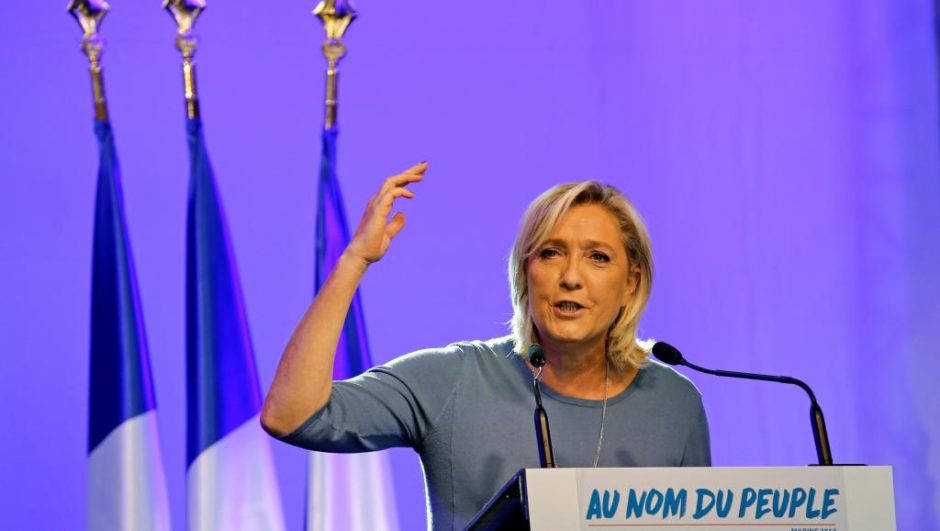Throughout Europe, as issues revolving around economic stagnation and national identity become ever more salient, populist parties are becoming stronger.
Though their specific policies may differ, they all share a rejection of the established liberal order, and demand strong governments to carry the fight against immigration.
The most visible of these is the National Front (FN), which some analysts think may even be poised to win power in the French presidential election next spring.
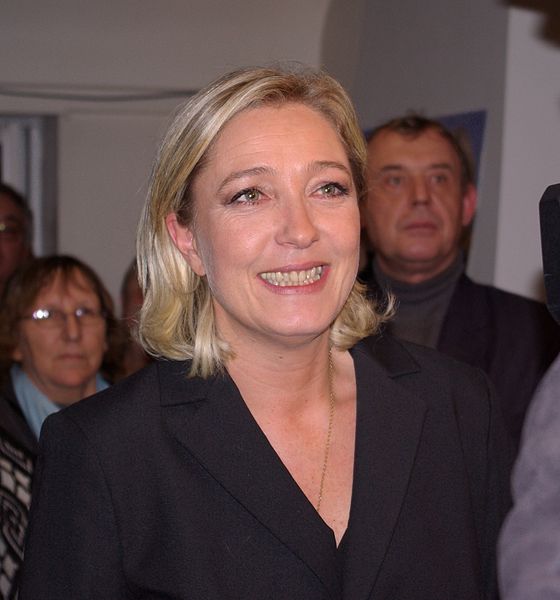
Marine Le Pen, the daughter of co-founder Jean-Marie Le Pen, has been the head of her party for almost six years.
Her followers insist that Islam constitutes a threat to the country’s very future. And like most of her fellow populists, Le Pen blames membership in the European Union, already weakened by the Brexit vote in Britain last June, for its troubles. “We want to destroy this EU,” she has declared.
She will likely face François Fillon, the socially conservative former prime minister who won a primary race to become the French right’s presidential candidate. He has written a book, Conquering Islamic Totalitarianism, in the wake of recent terrorist attacks in France.
If Le Pen becomes president, she will push for a referendum based on the British model. “I want to regain control over our currency,” she insists, “and our borders.” Le Pen is an economic nationalist who believes in a strong role for the state within the capitalist system.
The victory of Donald Trump in the United States, too, has provided the FN with hopes for a major European offensive against the globalists in charge of the western world’s major capitalist economies.
Remarked Florian Philippot, one of Le Pen’s main advisors, “Their world is collapsing. Ours is being built.”
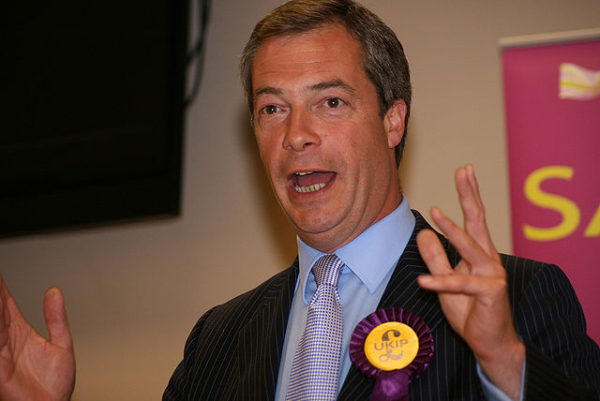
Another player in the populist surge has been Nigel Farage of Britain’s UK Independence Party (UKIP), one of the main supporters of Brexit. “Our life has changed,” he boasts. “There are plenty more shocks to come.”
Some of these “shocks” are already potentially on the horizon. Parliamentary elections are scheduled for March in the Netherlands, where Geert Wilders of the radical anti-Islamist Freedom Party (PVV) is ahead in the polls, while Germans will vote in the fall of 2017 for the next Bundestag.
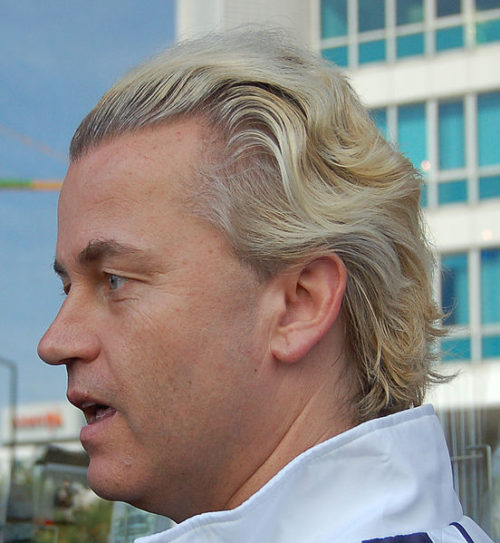
Frauke Petry of the right-wing populist Alternative for Germany (AfD) is planning to announce her candidacy for chancellor in the election, which is likely to see the AfD win seats in the federal parliament for the first time.
Meanwhile, Austria is about to hold a re-do of its 2016 presidential election on December 4. Last May’s result was declared invalid by Austria’s constitutional court after irregularities in the counting of postal votes.
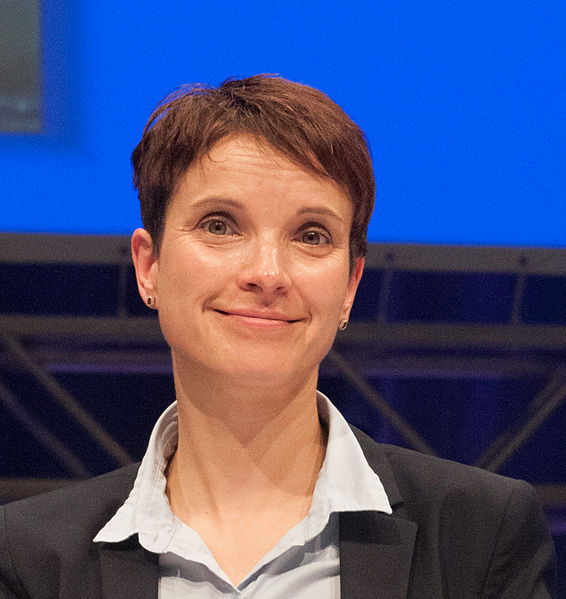
And Norbert Hofer, the candidate of the Freedom Party (FPO), the far-right nationalist movement originally formed in the 1950s by former Nazis, has a chance of winning.
The party has seen support surge due to worries over immigration as well as weak economic growth. Memories of last year’s Europe’s migration crisis, in which hundreds of thousands of people passed through the country, are still fresh.
Johann Tschurtz, the FPO’s deputy governor of Burgenland, a border region next to Hungary, attributes the party’s popularity with a rejection of “elites” in Vienna, the Austrian capital.
“All the actors, the artists in Vienna are against Norbert Hofer — and, yes, the comics, too. The ordinary voters don’t like that,” he maintains. The longer Hofer was known, the more he was seen, adds Tschurtz, as “down-to-earth and authentic.”
Hofer’s election would send shock waves through Europe, making him Europe’s first far-right head of state since World War II.
Elsewhere in Europe, the populist Matteo Salvini leads the separatist Lega Nord in Italy, while further east, Viktor Orban and Jaroslaw Kaczynski are, respectively, the main figures in the increasingly nationalistic and potentially anti-EU governments of Hungary and Poland.
Even Czech President Milo Zeman, a social democrat, wants his government to pursue a “foreign policy based on our own interests” rather than kowtowing “to pressure from the United States and the EU.”
Like those in Hungary and Poland, he is also critical of what he considers to be the “organized invasion” of the continent by Muslims. As for his critics who call him a populist, he brushes it off as “a slogan, a label, nothing more.”
In neighboring Slovakia, Prime Minister Robert Fico’s Direction-Social Democracy (Smer-SD) Party won the March parliamentary election, but the Euroskeptic and libertarian Freedom and Solidarity (SaS) party came second.
SaS leader Richard Sulik told Slovaks that he did “not want to live in a Europe where more Muslims are born than Christians — and I’m an atheist.” In any case, Fico himself espouses a hardline stance on Muslim immigrants.
Most surprisingly, the Nordic countries, long considered a part of Europe where people support progressive and social democratic parties, have in recent years seen the rise of right-wing populist and anti-immigrant parties.
They have gained further support since some 250,000 refugees entered the Nordic countries in 2015, including a record 163,000 in Sweden.
The Danish People’s Party (DF), Finns Party (PS), the Progress Party of Norway (FrP), and the Sweden Democrats (SD) have all become significant forces in their respective countries.
Prior to last year’s election, the PS website stated that Finland cannot “make everybody happy in the world. Finland should take care of the Finns first.”
The PS and FrP are now both represented in Finnish and Norwegian government coalitions. And Integration Minister Sylvi Listhaug of the FrP wants further restrictions on immigration.
American journalist John Judis, in his recently published book, The Populist Explosion: How the Great Recession Transformed American and European Politics, contends that these populists are benefitting from the current rage against the establishment in politics and the financial world.
The issues their supporters care most about are the preservation of national sovereignty and culture; controlled and enforced borders; reduced immigration levels, in particular from Muslim countries; and an end to trade deals that they consider injurious to their interests.
Throughout Europe, as the Oxford economist Paul Collier has argued, there is a growing unwillingness of native citizens to subsidize those seen as the foreign poor.
They view the ideal of a borderless, liberal, multicultural world as a utopian fantasy — and worse, one that benefits mainly the rich.
Henry Srebrnik is a professor of political science at the University of Prince Edward Island.

